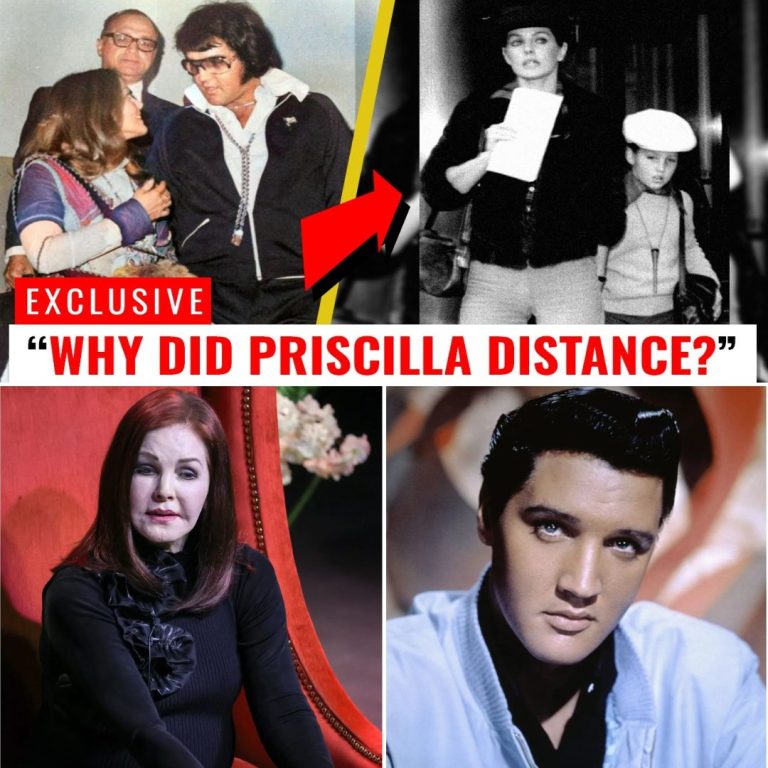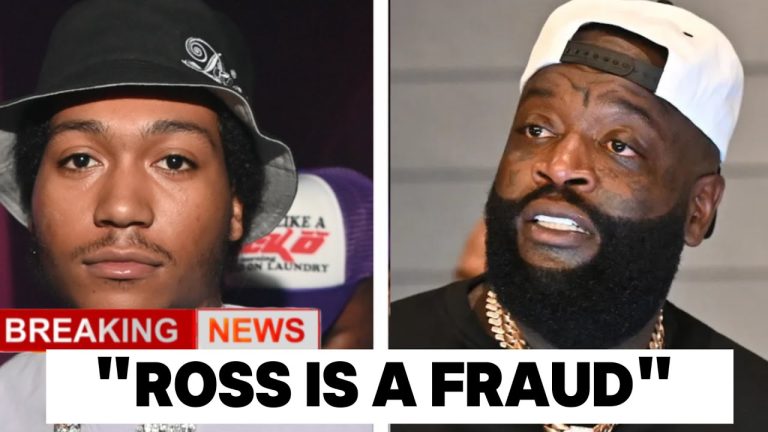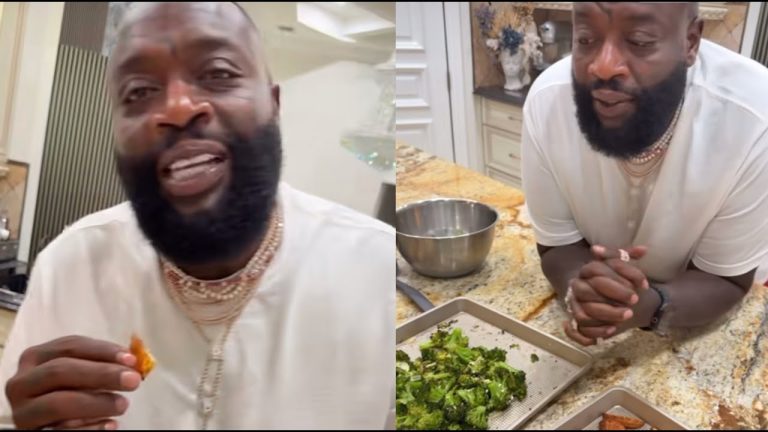For five unforgettable seasons, Larry Linville brought to life one of television’s most unforgettable characters: Major Frank Burns, the bumbling, insecure, and often antagonistic foil to the sharp wit of Hawkeye and Trapper on M*A*S*H. His performance was so convincing that audiences loved to hate him—yet behind the scenes, Linville was making a decision that would forever change his career. At the very moment M*A*S*H was cementing its place as one of the most beloved shows in TV history, Linville chose to walk away. The question fans have asked for decades is simple: why?
The truth, as Linville later admitted, was that Frank Burns had reached a dead end. What began as a richly comedic character had, by season five, become one-dimensional. Burns was the butt of every joke, perpetually whining, pining for Hot Lips Houlihan, and scheming without ever growing or changing. While Alan Alda’s Hawkeye, Loretta Swit’s Houlihan, and later characters like B.J. Hunnicutt evolved with depth and nuance, Burns remained stuck. Linville feared he had taken the character as far as it could go, and that staying on the show would trap him in a role with no future.
It was not an easy choice. Leaving M*A*S*H meant leaving one of the most successful shows on television, a steady paycheck, and a role that had made him a household name. But Linville wanted more—he wanted to stretch his acting muscles, to prove he could do more than play the insecure villain. He once explained: “I felt I had done everything possible with the character. Leaving was tough, but staying would have been worse.”
His departure opened the door for the arrival of David Ogden Stiers as Charles Emerson Winchester III, a new antagonist with sophistication and depth that Burns lacked. The show thrived, and many fans embraced the fresh direction—but for Linville, the gamble of leaving a sure thing never quite paid off the way he hoped.
Post-M*A*S*H, Linville worked steadily in television, appearing in shows like Murder, She Wrote, Fantasy Island, and The Love Boat. He also did guest spots and stage work, but he never found another role with the cultural impact of Frank Burns. Hollywood, it seemed, couldn’t see past the whiny major.
In hindsight, fans often debate whether Linville’s decision was a brave act of artistic integrity or a career misstep that cost him lasting fame. What remains undeniable is that his portrayal of Frank Burns left an indelible mark. He created a character so memorable that even decades later, viewers can instantly recall his nasal voice, his petty jealousies, and his hapless attempts to outwit Hawkeye and company.
Larry Linville passed away in 2000 at the age of 60, but his legacy as Frank Burns endures. And while his choice to leave M*A*S*H may forever be seen as one of television’s great “what ifs,” it also speaks to the courage of an actor unwilling to settle for playing the same note forever.
✨ The real reason Larry Linville left M*A*S*H wasn’t scandal or feud—it was the conviction that he had given everything he could to Frank Burns, and that it was time to move on. And in doing so, he left behind one of the most unforgettable characters in TV history.




